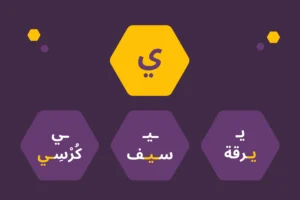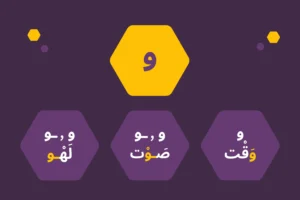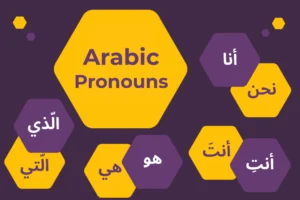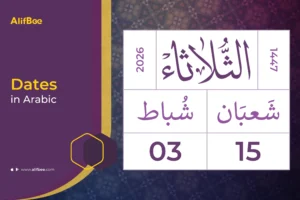The Arabic language is rich with Arabic sayings and proverbs that carry deep meaning, life lessons, and wisdom.
Throughout a series of articles, we have explored Arabic proverbs on a wide range of topics. Today, we will focus on a unique category of Arabic proverbs—those that use beautiful metaphors.
These sayings draw comparisons to elements of nature, wildlife, historical figures, and symbols. To make it even more engaging, this article will explain each proverb and provide its English equivalent.
Get ready to enrich your Arabic vocabulary with 10 beautiful sayings that are easy to use in everyday conversations!
Wise Arabic Sayings Using the Comparative Form
Let’s start by clarifying the form shared by all the Arabic proverbs in this article.
They all have adjectives in their comparative forms.
In Arabic, the comparative form is usually made from the form “أفعل” afaal.
Check the following example:
Beautiful - More Beautiful
Jameel - Ajmal
جميل - أجمل
Smart - Smarter
Dhakī-adhká
ذكيّ - أذكى
Big - Bigger
Kabeer - Akbar
كبير - أكبر
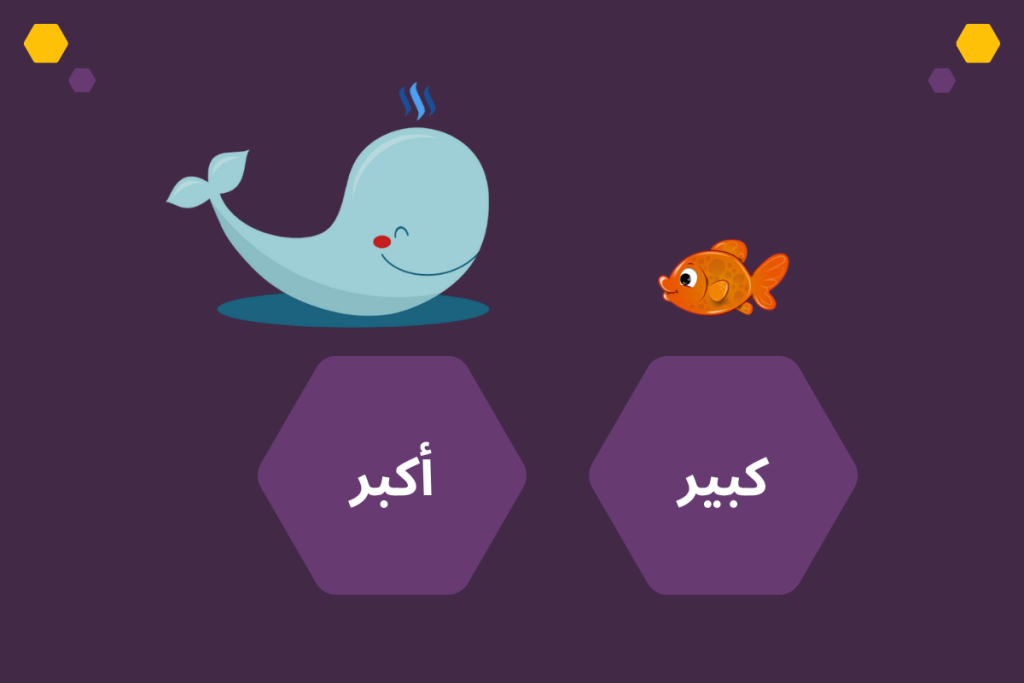
In Arabic, this is called the elative form, or اسم التفضيل ismu tafḍīl, literally meaning “noun of preference”. It is a special form of adjectives used to express comparisons (e.g., أصغر “smaller”) and superlatives (e.g., الأصغر “smallest”).
Instead of adding words like “more” or “most,” Arabic changes the structure of the adjective itself.
These forms do not change based on gender or number in most cases.
Now. let’s start with the first Arabic saying:
Arabic Sayings with Meaningful Comparisons
1
Heavier than a mountain
Athqalu min jabal
أَثقَلُ مِن جَبَل
Heavy - Heavier
Thaqyl-athqal
ثَقيل - أَثْقَل

This Arabic phrase describes something that feels overwhelmingly heavy, whether it’s a physical burden or an emotional one. Imagine carrying the weight of Mount Everest on your shoulders—it’s that intense!
- Cultural Context: Mountains are often seen as symbols of strength and stability in Arab culture, but they also represent immovable obstacles. This Arabic saying reflects the idea of facing something so massive that it feels impossible to overcome.
- English Equivalent: “A weight on my shoulders” or “carrying the world on my back.”
2
More cautious than a crow
Aḥdharu min ghurāb
أَحذَرُ مِن غُراب
Cautious - more cautious
Ḥadhr-aḥdhar
حَذر - أَحذَر

Crows are known for their sharp instincts and wariness. This Arabic saying is about being extra cautious, like someone who double-checks everything before making a move.
- Cultural Context: In Arab culture, crows are often seen as clever but cautious birds. They’re associated with wisdom and survival, making them a fitting symbol for vigilance.
- English Equivalent: “Better safe than sorry” or “as cautious as a fox.”
3
More guarded than a dog
Aḥrasu min kalb
أَحرَسُ مِن كَلب
To guard - more guarded
yaḥaris-aḥaras
يحرس - أَحَرَس

Dogs are loyal and protective, always on alert. This Arabic phrase is used to describe someone who is extremely vigilant or protective, like a guard dog watching over its territory.
- Cultural Context: Dogs have been companions and protectors in Arab culture for centuries, especially in rural areas where they guard livestock. This saying highlights their unwavering loyalty and alertness.
- English Equivalent: “As vigilant as a watchdog.”
4
Closer than the jugular vein
Adná min ḥabli alwaryd
أَدنَى مِن حَبلِ الوَريد
Close - Closer
Dānī-adná
داني - أَدنَى

This poetic phrase comes from the Quran and refers to something that’s incredibly close—closer than your own heartbeat. In Surat Qaf, Allah the Almighty says:
“Indeed, it is We Who created humankind and fully know what their souls whisper to them, and We are closer to them than their jugular vein.” – Qaf 16
It’s often used to describe a deep connection or something that’s always present.
- Cultural Context: The jugular vein is vital to life, and this saying emphasizes the intimacy and importance of the connection being described.
- English Equivalent: “Closer than your own shadow” or “near to my heart.”
5
Cheaper than dates in Basra
Arkhaṣu mina alttmri fī albaṣrh
أَرخَصُ مِنَ التّمرِ في البَصرة
Cheap - Cheaper
Rakhyṣ-arkhaṣ
رخيص - أرخص
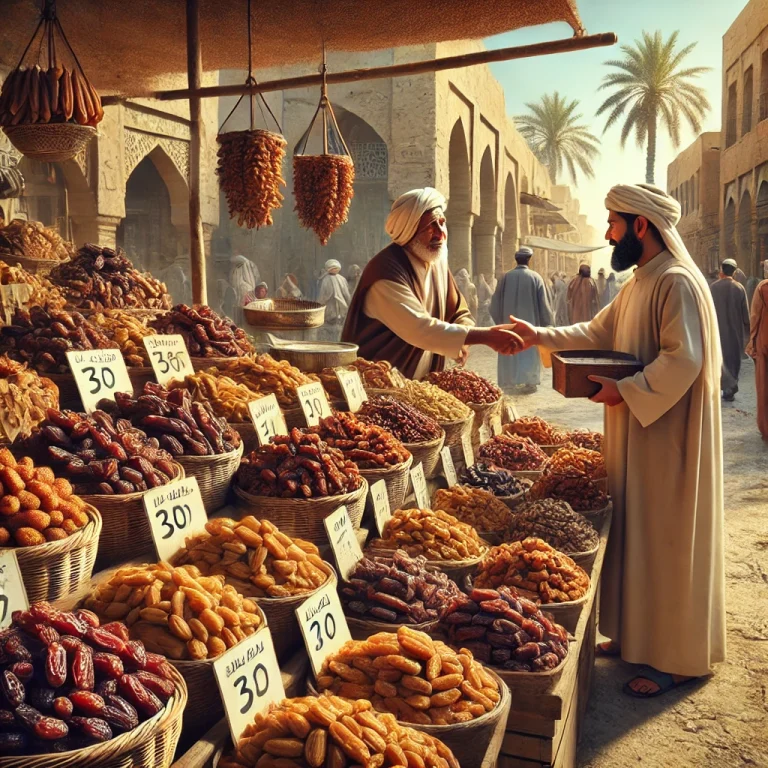
Basra, a city in Iraq, is famous for its abundance of dates. This saying is used to describe something that’s dirt cheap or overly common.
- Cultural Context: Dates are a staple in Arab cuisine and culture, and Basra is one of the largest producers of dates in the world. When something is as plentiful as dates in Basra, it’s bound to be inexpensive!
- English Equivalent: “Cheap as dirt” or “a dime a dozen.”
6
Faster than the wind
Asraʻu mina al-rīḥ
أَسرَعُ مِنَ الريح
Fast - Faster
Saryʻ-asraʻ
سَريع - أَسرَع

This one’s all about speed. It’s used to describe something or someone that moves lightning-fast.
- Cultural Context: The desert winds in the Arab world are known for their speed and power. This saying captures the essence of something moving as swiftly as those winds.
- English Equivalent: “Quick as lightning” or “faster than a speeding bullet.”
7
Wiser than Loqman
Aḥkamu min luqmān
أَحكَمُ مِن لُقمان
Wise - Wiser
Ḥakym-aḥkam
حكيم - أحكم

This phrase is used to describe someone who is incredibly wise or makes exceptionally smart decisions.
- Cultural Context:
Loqman (or Luqman) is a legendary figure in Arabic and Islamic tradition, known for his wisdom and profound advice. He is mentioned in the Quran (Surah Luqman) and is often compared to wise figures like Solomon in other cultures. - English Equivalent:
- “Wiser than Solomon.”
- “As wise as an owl.”
8
Hotter than embers
Aḥarru mina aljamr
أَحَرُّ مِنَ الجَمر
Hot - hotter
Ḥārr-aḥrr
حارّ - أحرّ
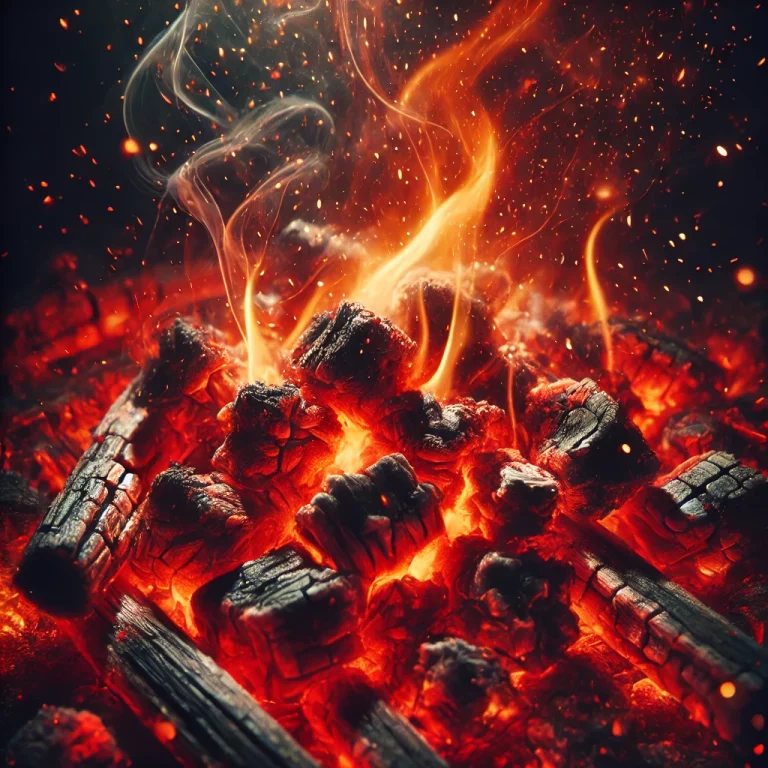
This phrase describes something extremely hot, whether literally (like fire) or metaphorically (like intense emotions).
- Cultural Context:
In Arab culture, fire and embers are often used to describe intense feelings, such as anger, passion, or love. This saying captures the idea of something burning intensely. - English Equivalent:
- “Hotter than fire.”
- “Burning with passion.”
9
Sweeter than honey
Aḥlá mina alʻasl
أَحلَى مِنَ العَسل
Sweet - Sweeter
Ḥulw-Aḥlá
حلو - أحلى

This phrase is used to describe something or someone extremely sweet, whether literally (like food) or metaphorically (like a kind person or a joyful moment).
- Cultural Context:
Honey has always been a prized food in Arab culture, symbolizing sweetness, health, and prosperity. This saying reflects the high value placed on sweetness, both in taste and in character. - English Equivalent:
- “Sweeter than sugar.”
- “As sweet as honey.”
10
Lighter than a butterfly
Akhaffu min farāshah
أَخَفُّ مِن فَرَاشَة
Light - lighter
Khafyf-akhaf
خَفيف - أَخَف

This phrase describes something extremely light, whether physically (like a feather) or metaphorically (like a carefree attitude).
- Cultural Context:
Butterflies are often associated with grace, lightness, and freedom in Arab culture. This saying captures the idea of something so light it’s almost effortless. - English Equivalent:
- “Lighter than a feather.”
- “As light as air.”
Final word
So, to our sweeter-than-honey readers, we hope you liked these 10 Arabic sayings and comparative expressions that are full of wisdom from Arabic culture.
Write them down, so you can easily use them the next time you want to make a beautiful comparison.
If these sayings have sparked your interest in Arabic, why not take the next step? Learning Arabic can open doors to understanding a rich culture and connecting with millions of people worldwide.
Download the AlifBee app today and start your journey to mastering Arabic!





